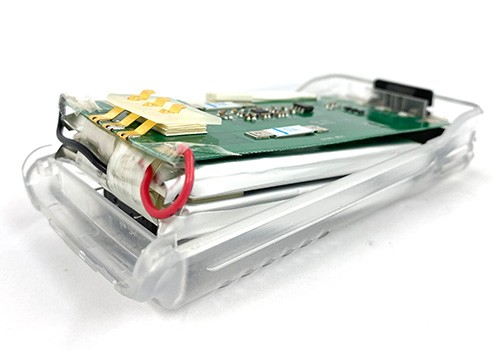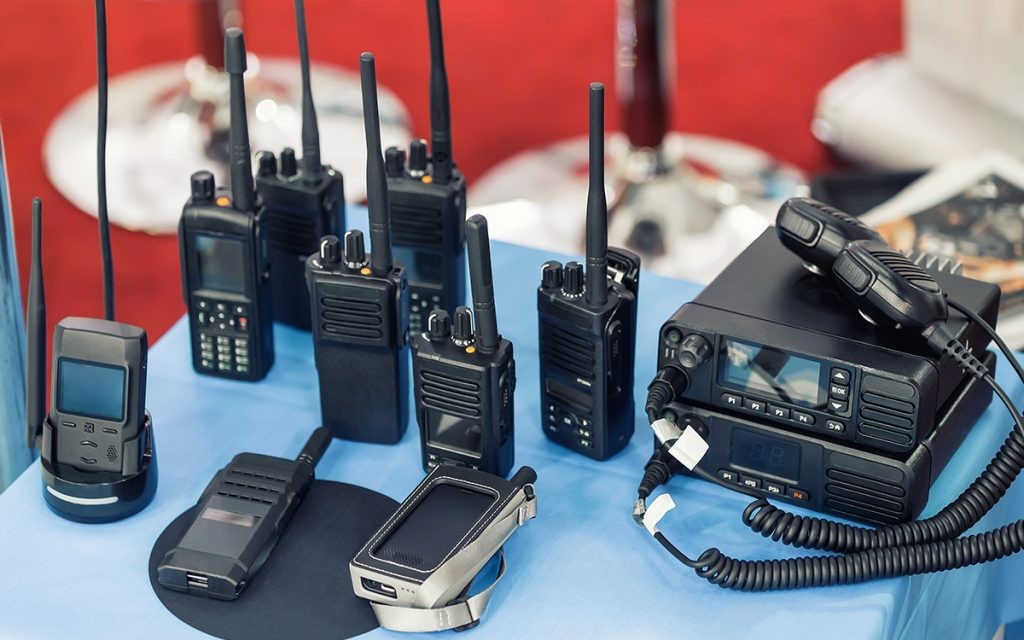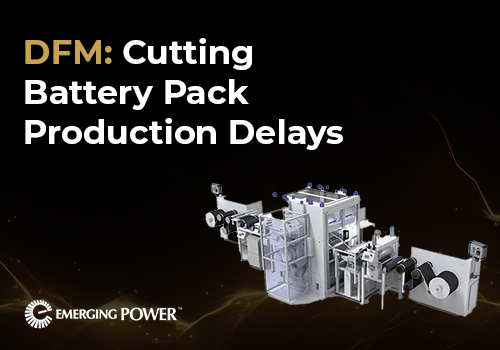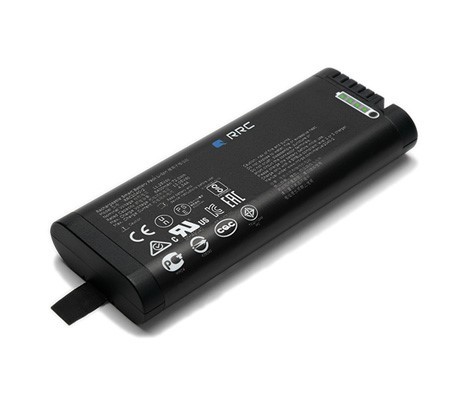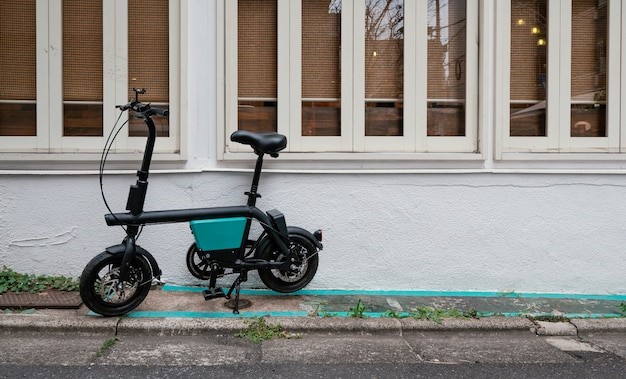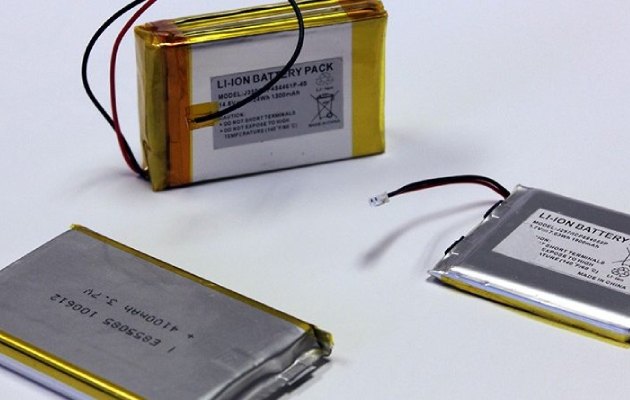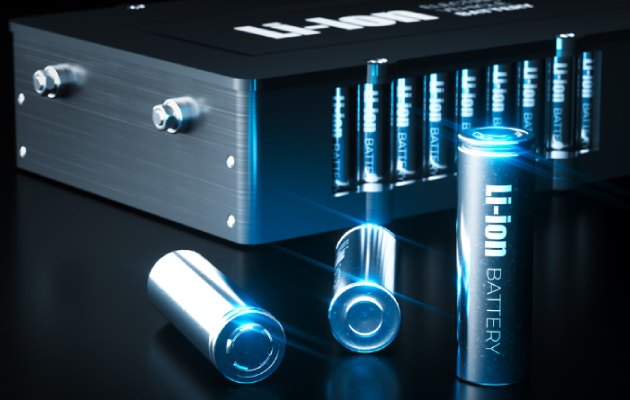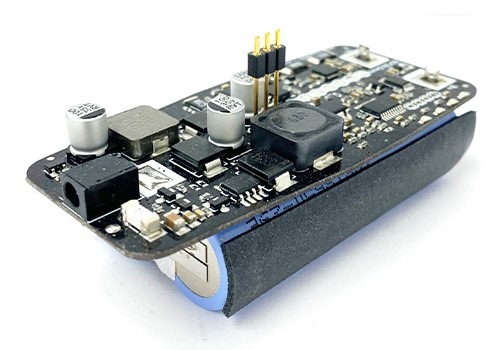Did you know that modern pacemakers can run for over a decade on a tiny battery? Battery technology has played a crucial role in advancing medical implants and wearable health devices. As these technologies become more sophisticated, the demand for a reliable custom lithium ion polymer battery has increased. These batteries power life-saving devices while ensuring safety, longevity, and efficiency.
The Role of LiPo Batteries in Medical Technology
Medical devices require compact, lightweight, and high-performance batteries. Traditional batteries often fall short, making custom lithium ion polymer battery solutions the ideal choice. These batteries offer flexibility in size and shape, making them perfect for medical applications.
Medical Implants
Implantable devices like pacemakers, insulin pumps, and neurostimulators rely on efficient batteries. Custom lithium ion polymer battery packs ensure:
- Long lifespan for fewer replacements
- Stable power output for reliable performance
- Biocompatible materials for safety
Pacemakers, for instance, require steady power to regulate heartbeats. With improved battery efficiency, patients experience fewer complications and reduced need for surgical replacements.
Wearable Health Tech
Wearable medical devices track real-time health data, aiding early diagnosis and treatment. Some common examples include:
- Smartwatches with heart rate and ECG monitoring
- Continuous glucose monitors for diabetics
- Fitness trackers detecting abnormal health patterns
These devices need lightweight yet powerful batteries to function all day. Custom lithium ion polymer battery solutions provide longer battery life without increasing weight, making wearables more comfortable for users.
Key Advantages of Custom LiPo Batteries in Medical Devices
Custom batteries offer several benefits over standard options.
- Compact and Lightweight
Medical devices must be small and unobtrusive. LiPo batteries have a thin and flexible design, allowing manufacturers to create sleek and comfortable devices.
- High Energy Density
These batteries store more energy in a smaller space, providing longer usage times. This is crucial for implants and wearables that require long-term power.
- Fast Charging and Low Self-Discharge
Quick charging allows users to rely on their devices without long downtime. Low self-discharge means batteries retain power even when not in use.
- Safety and Reliability
Medical batteries must be safe for prolonged contact with the human body. Custom LiPo batteries include safety features like:
- Overcharge protection
- Temperature control
- Leak-proof design
These features reduce risks like overheating and battery failure, ensuring patient safety.
Future Innovations in Medical Battery Technology
The medical field continues to push the limits of battery performance. Future advancements may include:
- Wireless Charging for Implants
Some researchers are exploring wireless energy transfer, eliminating the need for battery replacements. This could reduce the need for surgical procedures in patients with pacemakers or neurostimulators.
- Self-Charging Batteries
New materials are being developed to create self-charging batteries that harness body heat or movement. This could revolutionize wearable health tech by extending battery life indefinitely.
- Smart Batteries with AI Monitoring
Artificial intelligence could help predict battery performance and alert users before a failure occurs. This would be especially useful for critical medical devices.
Emerging Power: Leading the Way in Medical Battery Innovation
As the demand for custom lithium ion polymer battery solutions grows, companies like Emerging Power are developing high-performance battery packs for medical devices. They specialize in:
- Custom-designed batteries to fit specific medical needs
- Advanced safety features ensuring reliability
- Long-lasting power solutions for implants and wearables
Our expertise in medical battery technology makes them a trusted power battery company for healthcare applications.
Conclusion
Battery technology has transformed the medical industry, allowing for life-saving implants and innovative wearable health tech. The need for efficient, lightweight, and long-lasting power sources continues to grow. Custom lithium ion polymer battery solutions are meeting these demands by providing safer and more reliable energy for medical devices.
With companies like Emerging Power leading advancements, the future of medical batteries looks promising. These innovations will enhance patient care, improve device functionality, and expand possibilities in the medical field.

